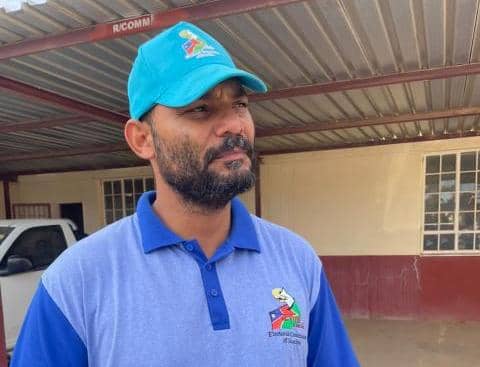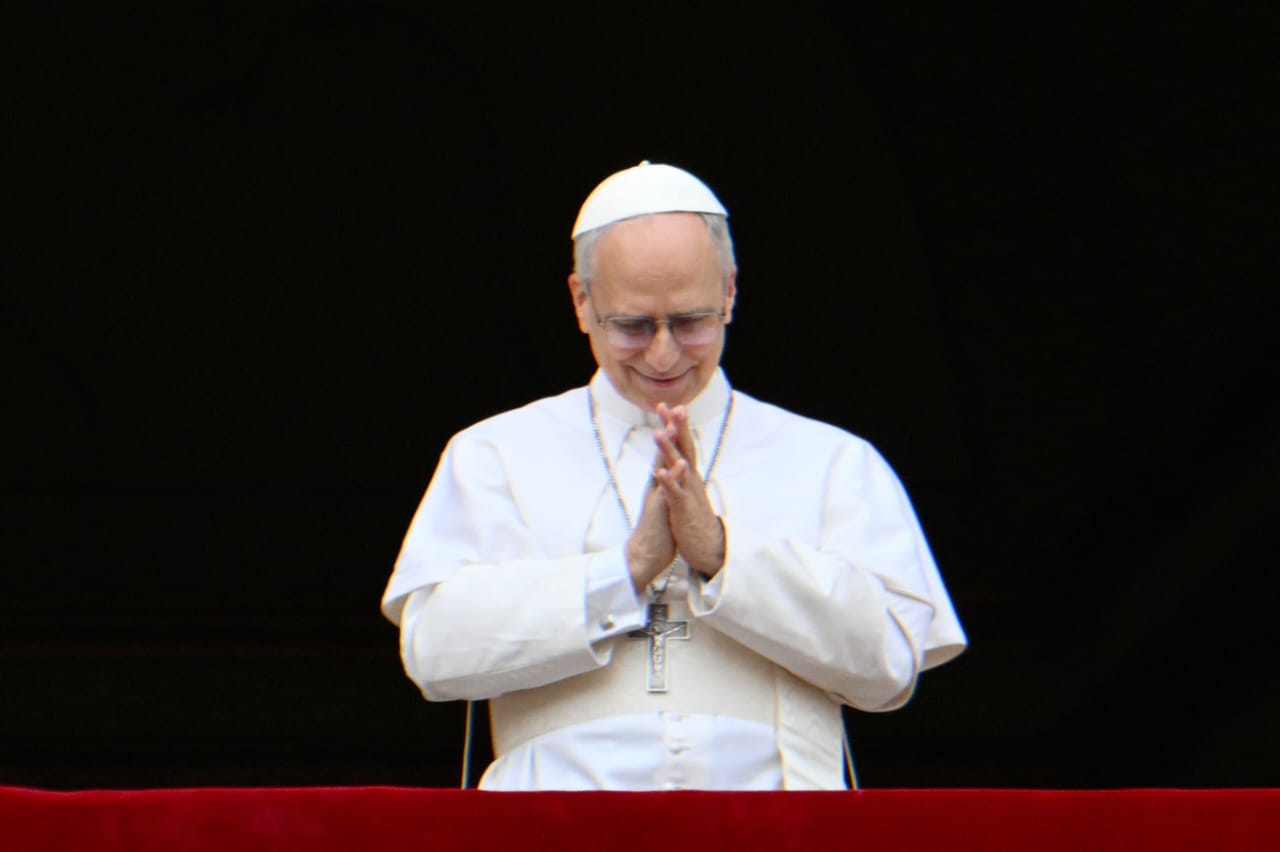BEIJING – North Korea has agreed to disable the facilities at its main Yongbyon nuclear reactor complex by December 31 under US supervision, according to a six-nation agreement released Wednesday by China.
The announcement of the deal came following the latest round of talks aimed at ending North Korea’s nuclear drive involving the two Koreas, the United States, China, Japan and Russia, which wrapped up at the weekend. “The DPRK agreed to disable all its existing nuclear facilities subject to abandonment under the September 2005 Joint Statement and the February 13 agreement this year,” Xinhua news agency reported, quoting the statement.”The disablement of the five-megawatt Experimental Reactor, the Reprocessing Plant (Radiochemical Laboratory) and the Nuclear Fuel Rod Fabrication Facility in Yongbyon will be completed by December 31 2007,” the accord said.North Korea also agreed to divulge the “complete” list of its nuclear installations, according to the text of the agreement.The United States, North and South Korea, Russia, China and Japan agreed in principle on Sunday on a joint statement to push forward the North Korean disarmament deal.But in a rare move, the provisional agreement, which has been kept under wraps, was sent back to the governments for approval.The United States on Tuesday gave its approval to the deal, with chief envoy Christopher Hill saying China would make it public once the other five parties had given the go-ahead.The disablement process would get underway ‘in a matter of weeks’ after the approval, he said.Under the first phase of the February deal, North Korea shut down its main nuclear reactor at Yongbyon and four other related facilities in July, and allowed inspectors from the UN atomic watchdog back into the country.In return, the first tranches of a promised one million tonnes of fuel aid were delivered, and North Korea began diplomatic talks with rivals United States and Japan.South Korea and China have so far delivered a combined 100 000 tonnes of fuel oil, while Bush last week gave the go-ahead for another tranche of 50 000 tonnes to be sent to the impoverished country.The third and final phase to be implemented in early 2008 would require North Korea to surrender all its fissile material and nuclear weapons, which experts see as an ambitious task.In an other development, South Korean President Roh Moo-hyun rejected a proposal by the North Korean leader yesterday to extend their summit meeting for another day, South Korea’s YTN television reported.And in a pool report from Pyongyang, a presidential spokesman said Roh would issue a joint statement with North Korea’s Kim Jong-il today and return to Seoul that day as scheduled.No reason was given but earlier Roh was quoted as telling reporters in Pyongyang that he felt a ‘wall, hard to tear down’ in his talks with Kim.Nampa-AFP”The DPRK agreed to disable all its existing nuclear facilities subject to abandonment under the September 2005 Joint Statement and the February 13 agreement this year,” Xinhua news agency reported, quoting the statement.”The disablement of the five-megawatt Experimental Reactor, the Reprocessing Plant (Radiochemical Laboratory) and the Nuclear Fuel Rod Fabrication Facility in Yongbyon will be completed by December 31 2007,” the accord said.North Korea also agreed to divulge the “complete” list of its nuclear installations, according to the text of the agreement.The United States, North and South Korea, Russia, China and Japan agreed in principle on Sunday on a joint statement to push forward the North Korean disarmament deal.But in a rare move, the provisional agreement, which has been kept under wraps, was sent back to the governments for approval.The United States on Tuesday gave its approval to the deal, with chief envoy Christopher Hill saying China would make it public once the other five parties had given the go-ahead.The disablement process would get underway ‘in a matter of weeks’ after the approval, he said.Under the first phase of the February deal, North Korea shut down its main nuclear reactor at Yongbyon and four other related facilities in July, and allowed inspectors from the UN atomic watchdog back into the country.In return, the first tranches of a promised one million tonnes of fuel aid were delivered, and North Korea began diplomatic talks with rivals United States and Japan.South Korea and China have so far delivered a combined 100 000 tonnes of fuel oil, while Bush last week gave the go-ahead for another tranche of 50 000 tonnes to be sent to the impoverished country.The third and final phase to be implemented in early 2008 would require North Korea to surrender all its fissile material and nuclear weapons, which experts see as an ambitious task.In an other development, South Korean President Roh Moo-hyun rejected a proposal by the North Korean leader yesterday to extend their summit meeting for another day, South Korea’s YTN television reported.And in a pool report from Pyongyang, a presidential spokesman said Roh would issue a joint statement with North Korea’s Kim Jong-il today and return to Seoul that day as scheduled.No reason was given but earlier Roh was quoted as telling reporters in Pyongyang that he felt a ‘wall, hard to tear down’ in his talks with Kim.Nampa-AFP
Stay informed with The Namibian – your source for credible journalism. Get in-depth reporting and opinions for
only N$85 a month. Invest in journalism, invest in democracy –
Subscribe Now!










